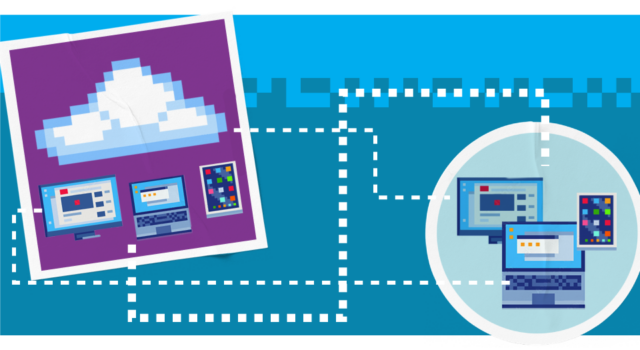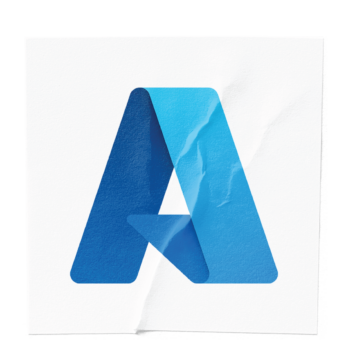What is the public cloud?
The public cloud is a type of cloud computing where a third-party provider offers computing services over the public internet. These services, such as computing power, storage, databases and networking, are available to anyone who wants to use or purchase them. Public clouds are typically billed on a pay-as-you-go basis, meaning users only pay for the resources they consume.
Public cloud providers manage and maintain the underlying infrastructure, including hardware, software and networking. This frees users from the burden of managing their own IT infrastructure, allowing them to focus on their core business activities. Public clouds are highly scalable and flexible, enabling users to quickly adjust their resource usage based on demand.
Azure is Microsoft’s public cloud offering and leverages Microsoft’s existing technology stack, seamlessly integrating with familiar tools and technologies like Windows Server, .NET and Visual Studio.
Speak to our cloud experts







